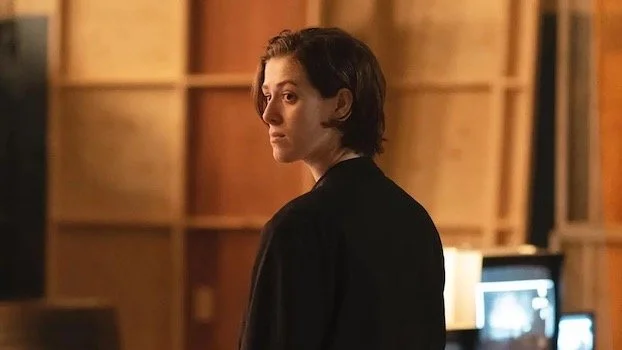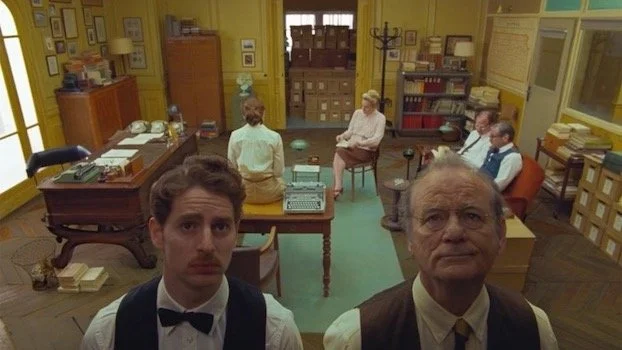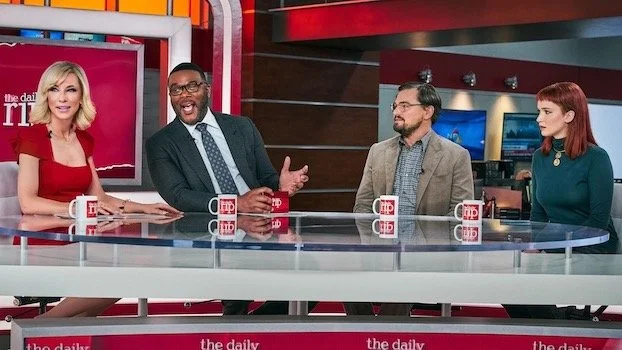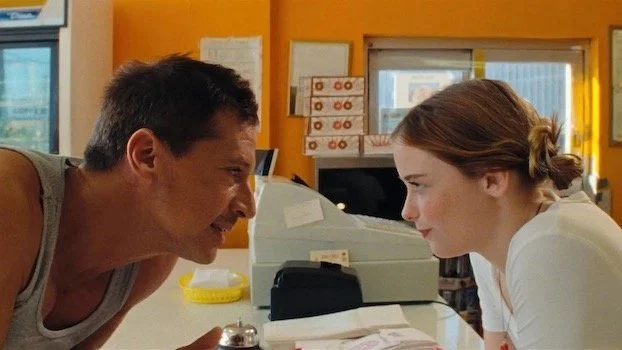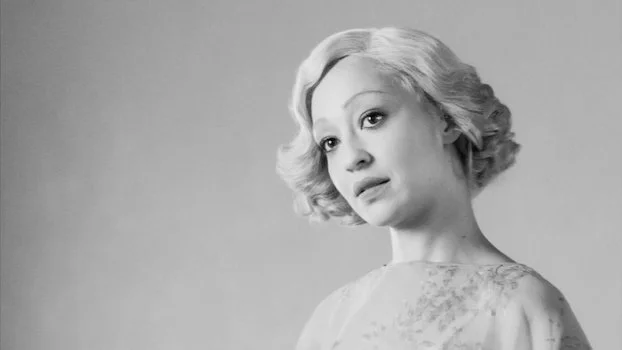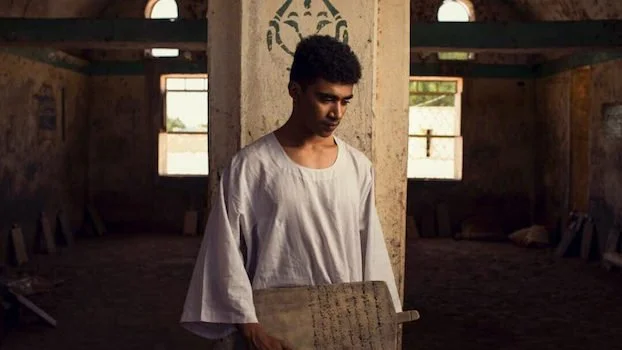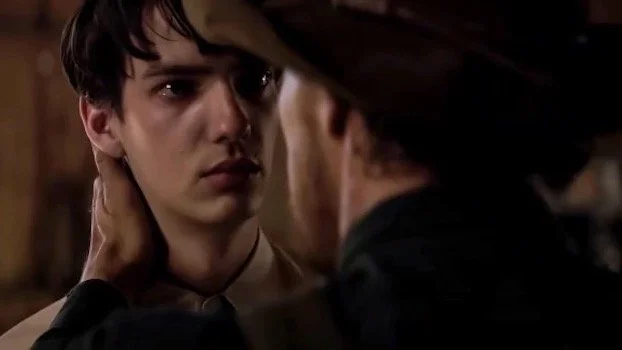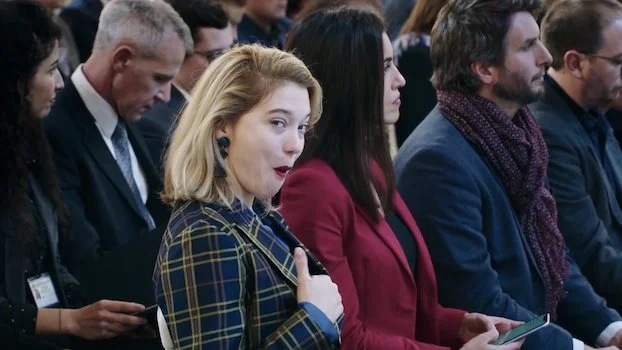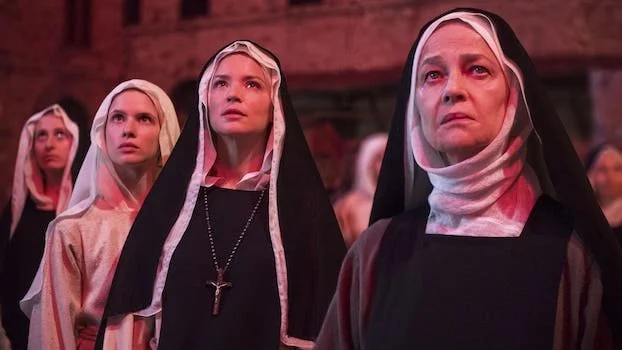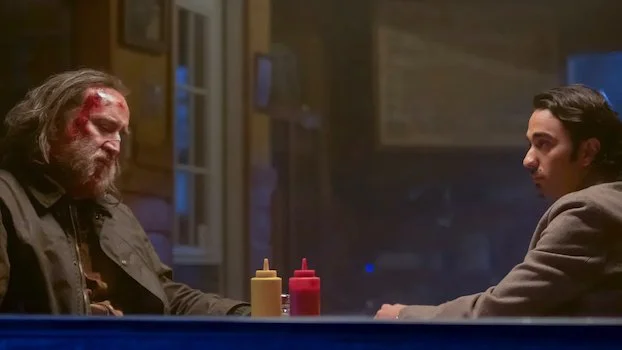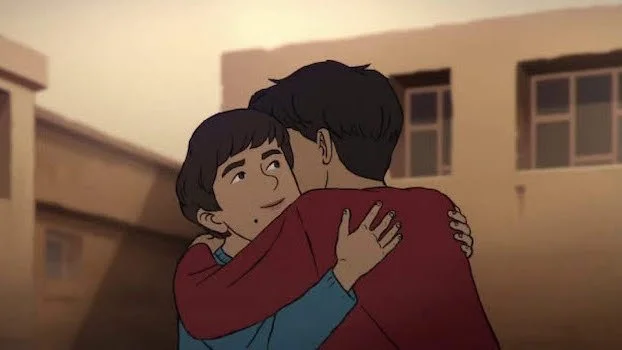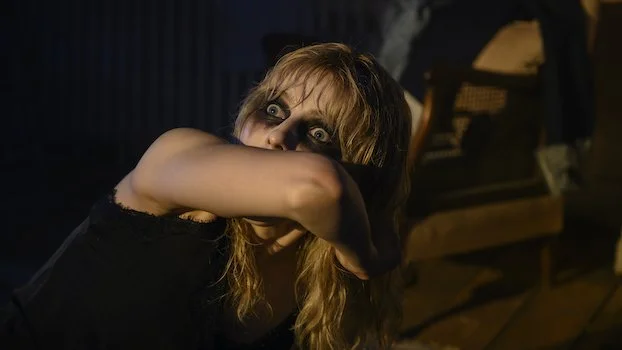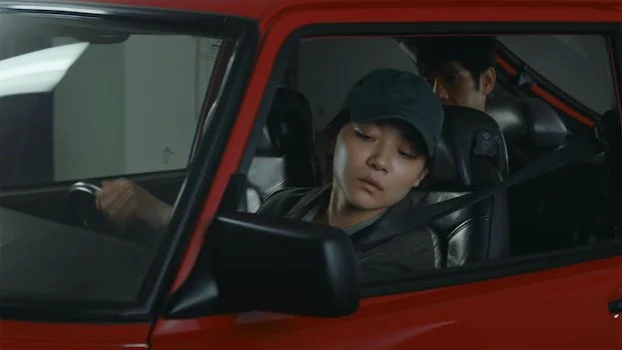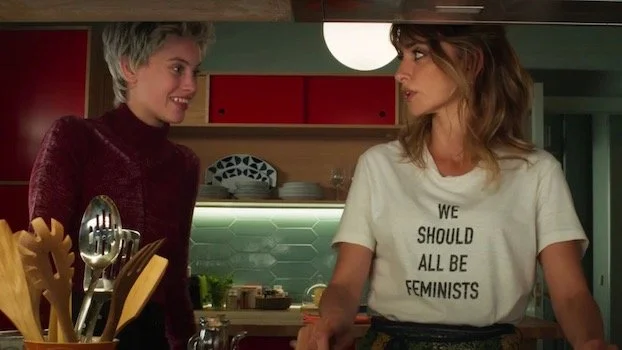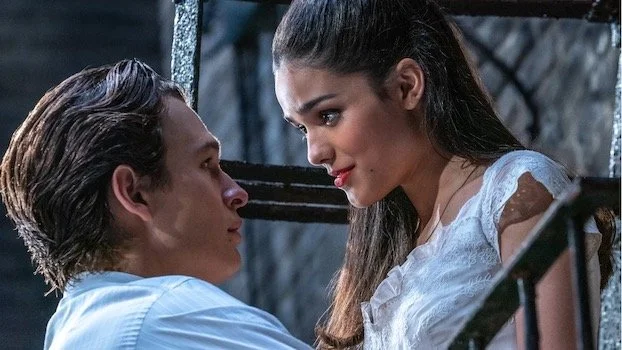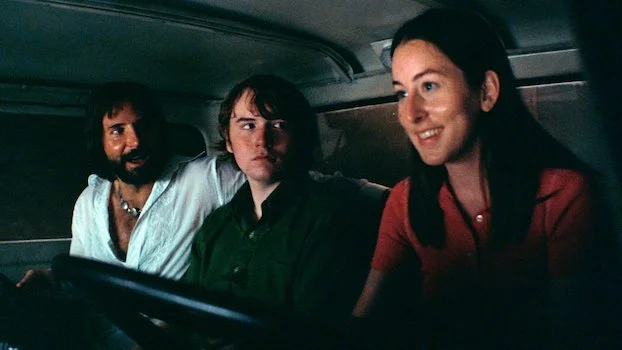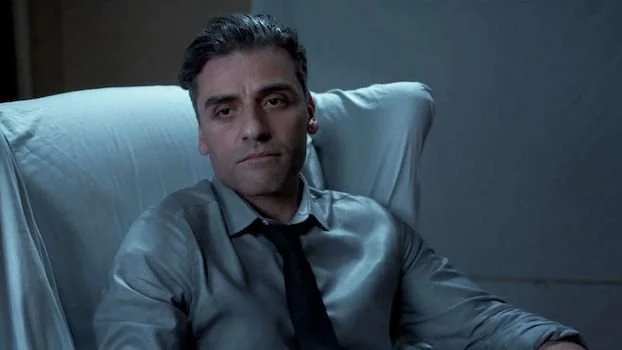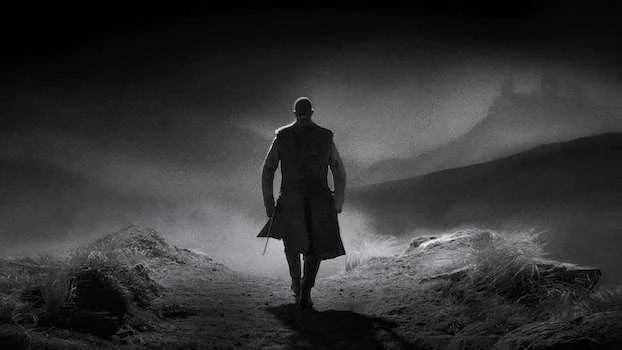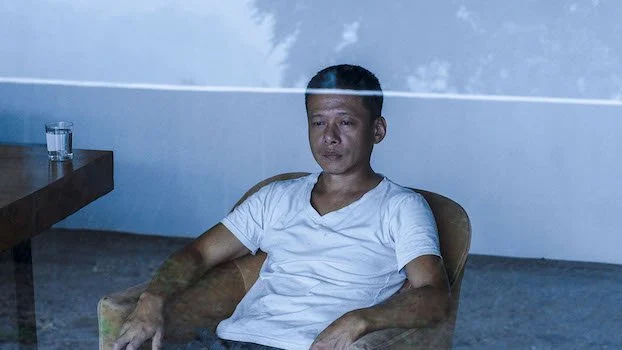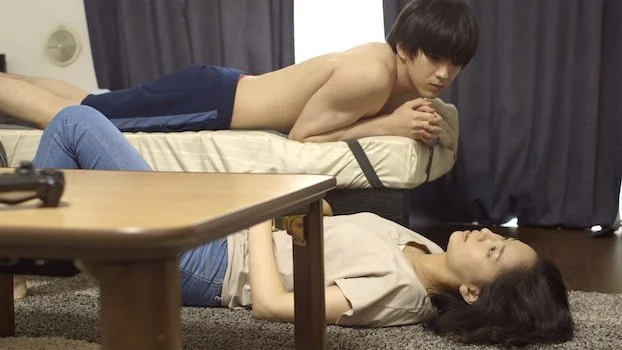My 24 Favourite 2021 Releases
I thought it was a pretty good year for movies! Although I don’t envy anybody without a good arthouse in their town, because the multiplex movies weren’t so hot. In fact, on the level of storytelling and visual quality, I’m not sure big budget American movies have ever been worse, and it’s hard to see when or how they will ever get better. Small, indie and arthouse movies, on the other hand, are as good as they’ve always been, maybe even better, so no great loss (I mean no great loss to me, not to the general population and culture).
24. The Souvenir: Part II (directed by Joanna Hogg)
A drastic step down in quality from the first part, if you ask me, mostly as the result of an odd story choice whereby all of the dramatic tension just disappears at about the two third mark, for no apparent reason, leaving the impression that the DCP had been rendered with a reel missing. That said, when the tension is there, it’s extremely thick, as we watch the protagonist (Honor Swinton Byrne) try to pull off her student film in the face of her own incompetence. Apart from that, the acting and shooting are all excellent and it’s enjoyable while it lasts, which is why it’s on this list.
23. The French Dispatch (directed by Wes Anderson)
It was nice to enjoy a new Wes Anderson movie after not having that experience for 11 years. Of the three short stories that comprise this movie, the one starring Benicio Del Toro and Léa Seydoux is far and away the best and funniest, but the other two aren’t bad. Wes Anderson stays true to his business model of casting dozens of beloved actors in order to put their names on the poster and in the trailer and then giving them less than nothing to do, so that their presences simply register as annoying. List of actors who are completely wasted: Willem Dafoe, Christoph Waltz, Jason Schwartzman, Saoirse Ronan and Griffin Dunne (who according to IMDb was in the movie, I couldn’t tell you). Actors who are almost completely wasted: Elisabeth Moss, Edward Norton, Owen Wilson, Mathieu Amalric and Bill Murray. Of the ensemble, Adrien Brody earns MVP status for a hilarious performance. Anderson’s intricate narration and promiscuous use of aspect ratios and black and white photography make for a pretty stimulating movie experience.
22. Don’t Look Up (directed by Adam McKay)
I don’t really understand having strong feelings for or against this movie. I thought it had a good proportion of actually-funny jokes and wasn’t too pretentious, but on the other hand it was a half hour too long and had some pretty bad edits. That said, the fact that it made me laugh consistently places it among the greatest American film comedies of the 21st century (so it’s funnier than the likes of Ted 2). McKay, say what you will about him, continues to get strong performances from his actors; everyone in the cast is great and Mark Rylance is extra-great as an amalgam of Bill Gates and Elon Musk.
21. Red Rocket (directed by Sean Baker)
Hard to love a movie with a protagonist as awful as Mikey (Simon Rex), the failed porn star down and out in Texas with a plan to use his teenaged lover as a bargaining chip to get back into the industry. I read a headline (I’m a reader, folks) that director Sean Baker wants to lessen the taboo around sex work and I’m not sure he succeeds with this movie, given what a liability Mikey is to everyone who crosses his path. On the other hand, Mikey is 100% convincing as a human being and Rex is undeniably compelling, and maybe the humanization is all Baker needs to achieve what I am calling his goal based on the headline I read. This is not a likable movie but it is a highly effective and admirable one.
20. Passing (directed by Rebecca Hall)
Gorgeous, atmospheric melodrama with really off-kilter pacing that generates a creeping suspense. This is like a mannered Sirk-inspired soap opera with the tension and unease of a Polanskian thriller, a very peculiar thing indeed and credit to Hall for mostly pulling it off. The one stroke against this movie is that it’s more or less humourless, understandable given the subject matter of black women passing for white in 1920s New York, but given everything Hall is trying to do, a little humour might have made it all go down a bit smoother. That said, it’s still pretty smooth, in no small part due to the excellent acting of Tessa Thompson and André Holland, and the beautifully transcendent acting of Ruth Negga. If you have any doubt that there’s still a race problem in Hollywood, just ask how it is that Negga hasn’t reached the same status as, like, Brie Larson.
19. You Will Die at Twenty (directed by Amjad Abu Alala)
This Sudanese film is a poetic allegory grounded in a relatable human story. Muzamil (Mustafa Shehata) grows up with the titular curse hanging over his head, and he struggles to gather any hope or direction as he approaches the fated year. I realize the plot description doesn’t make it sound very relatable, so it’s a testament to Abu Alala’s storytelling that we are fully with Muzamil as he comes of age. Another sign of Abu Alala’s skill is his success in rendering fresh and compelling the very tired trope of the cantankerous mentor figure. Full disclosure: that character is played by my mother-in-law’s cousin. Sure, I didn’t know that when I watched it, and I don’t think he’s her first cousin, and he certainly doesn’t know who I am, but I thought it would be journalistically unethical if I didn’t state my very strong familial connection with this film. Anyway, viva le cinéma Soudanais!
18. The Power of the Dog (directed by Jane Campion)
The best movie of the year! More likely, I think the kind of movie that will win Best Picture and then barely register in anyone’s memory five years from now. That doesn’t make it a bad movie, though, and I like that Campion sets her ambition at simply making an effective character study about a few pretty strange characters (this is not the kind of 21st century western that wants to say something really bold and important about America). When I was watching this, it did occur to me that Benedict Cumberbatch, who I haven’t seen in that many movies, has the movie star magic. He’s terrific playing a total asshole, even with an unsuccessful accent. Apart from the great acting, I admired the way the film piled up ambiguities by the conclusion. If it does win Best Picture this will be the only winner in history where the people voting for it probably couldn’t say what exactly happened in it and what it was really about.
17. France (directed by Bruno Dumont)
Hard to describe this one. For one thing, it’s an allegory about the modern state of France, a subject I don’t know much about. On top of that, it seems to be deliberately unclear about the exact purpose and meaning of its allegory. These ambiguities are embodied by the film’s protagonist and titular character, France (Léa Seydoux), a TV pundit having an identity crisis. This is not an easy satire meant to expose TV news celebrities as self-serving manipulators; those traits are present in France, but she’s also (at times) genuinely concerned with the humanitarian stories she covers. The tension comes from to what degree France (and, I suppose, all of us in the West) acts out of authentic empathy, and to what degree that empathy is just a tool for gratifying her own ego. There’s a lot more to the movie than that, including an incredible score, and Seydoux combines all of the contradictions into a beautiful, cohesive performance.
16. About Endlessness (directed by Roy Andersson)
This is a Roy Andersson movie, and if you know Andersson you know what that means: the film is comprised of many quiet, darkly comic vignettes, in which zombie-like schlubs face agonies ranging from bathetic to tragic. Most of the shorts take place in a single take, often on artificial sets that have been constructed and shot with geometric perfection. The shorts add up to impart a sense of the pitilessness of life, and of people to each other. This is Andersson’s fourth feature in this style, after Songs from the Second Floor, You, the Living and A Pigeon Sat on a Branch Reflecting on Existence. In my view, this is the least substantial of the four, which is perhaps intentional, as it’s only an hour long. That said, Andersson once again accomplishes his intentions when it comes to selling that pitilessness, and there is one joyous and transcendent scene that comes as a complete and welcome surprise.
15. Benedetta (directed by Paul Verhoeven)
Trigger warning: just about everything that could warrant a trigger warning. Paul Verhoeven seems at pains to make the most provocative movie of all time, and yet all the scandalous elements feel very natural to the film’s true-ish story about lesbian nuns in 17th-century Italy. Actually ‘lesbian’ might be a touch inaccurate in describing the title character (Virginie Efira), who is not a rebel but a true believer whose sexual appetite results from an idiosyncratic belief that since our flesh harbours the spirit of Jesus, it only makes sense to worship that flesh. The mystery of Benedetta’s faith and what explains it – mental illness, self-serving calculation, or something genuinely spiritual – is what keeps this from being just another satire with anachronistic liberals at odds with the church. When Verhoeven aims for that kind of satire he hits bullseyes, thanks to Charlotte Rampling and Lambert Wilson as Catholic bureaucrats, but the film is multitudinous enough to be simultaneously ironic and sincere about its subject matter.
14. Pig (directed by Michael Sarnoski)
A great argument for how an actor playing just the right note can save a movie from being completely ridiculous. The unusual conceit of this film is that it’s basically a western in which the cowboys are replaced by chefs and the shootouts are replaced by meals, and if that doesn’t sound, erm, ambitious enough, this is actually mostly not a comedy. Nicolas Cage gives one of his greatest performances, deserving of the adjectives “magical” and “genius.” “Genius” because he knows when to keep it grounded and real, and exactly when to add a touch of irony without undermining the film’s very delicate tone. “Magical” because Cage has something inside of him that captures you that can’t be explained by any one choice he makes. He is proof that “movie star” refers to something more than just a name that sells tickets. Credit of course to Sarnoski and his editors for sculpting Cage’s wonderful performance, and getting away with making this exceptionally odd film.
13. Introduction (directed by Sang-Soo Hong)
It can be very pleasing when a master filmmaker sets his ambitions low and makes a small film that’s humbly but perfectly about exactly what it’s about. Hong’s 66-minute film is told in three short sections, each covering an introduction that’s fraught with tension. A larger narrative does emerge from the three shorts, but Hong is more interested in examining social situations than drawing everything together to make a conclusive statement. The film ends like a great short story, one that opens the narrative up to many possible readings. As with all Hong films, the recurrent theme is universal human weakness, and it’s impossible not to see yourself in every tense, funny, awkward moment.
12. Flee (directed by Jonas Poher Rasmussen)
Everyone should see this film, which is both a documentary and an animated drama. Rasmussen interviews his childhood friend Amin, an Afghani refugee to Denmark, about Amin’s traumatic journey from Afghanistan to Denmark by way of Russia and Estonia. We hear their conversation, and Amin’s stories are re-enacted via 2D computer animation (including a full cast of voice actors). Whereas re-enactments in live-action documentaries usually register as phony, animating them allows for just the right balance between artifice and truth, so that the film always maintains a level of ‘reality’ akin to the dreams or memories of its very tortured narrator. Amin and his family’s many harrowing attempts to escape Afghanistan and Russia could (in theory) soften the hearts of the anti-immigrant crowd (okay, unlikely), but it’s not all a downer, Amin’s tale includes one of the most emotionally uplifting scenes I’ve ever experienced in any medium.
11. Last Night in Soho (directed by Edgar Wright)
Wright’s first attempt at horror got a mixed critical response which I do not understand. If you ask me, it’s his best movie. Wright is one of those kitchen sink* directors who’s never not doing something with the camera, and here it all works beautifully, as protagonist Thomasin Mckenzie’s trips back in time to 60s London move from pure pleasure to pure horror. Mckenzie has to do that horror movie thing of transitioning from naïve to nuts, and boy does she do it, so that by the end I was genuinely worried about her. It’s a great performance, the best in any Wright film and one of the best lead horror performances in years. The cast is incredible, the soundtrack is incredible; it all just fits together so well that I can’t imagine anyone sitting down for this and not getting their money’s worth.
*Actually, what I meant was, Wright is an “everything-but-the-kitchen-sink” director. If there is one thing Wright is not, it’s a “kitchen sink director.”
10. Eyimofe (This is My Desire) (directed by Arie and Chuka Asirie)
Two 60-minute films of modern Nigeria, elegantly acted and directed, both about poor people trying to get out of the country. Something that surprised and delighted me was the directors’ choice to shoot the film on 16mm and keep the colours saturated; usually, social-realist movies like this prefer a desaturated, humdrum digital look to (supposedly) enhance the “authentic” “grittiness.” The Asiries on the other hand were clearly not afraid to let a little beauty and colour into their at times devastating stories of poverty and desperation, an aesthetic choice which adds some optimism to the production and exposes how easy it is for filmmakers to slip into autopilot when designing their films. Special commendation for the actors Jude Akuwudike, the protagonist of the first film, and Temiloluwa Ami-Williams, the protagonist of the second. Both are perfectly natural and highly watchable; hopefully we’ll see them in many more films.
9. Drive My Car (directed by Ryusuke Hamaguchi)
The unlikeliest Best Picture nominee ever? If I have the slightest reservation about this great movie it’s to do with certain story elements that are meant to bring about a strong emotional response being introduced very late in the film, via dialogue, without being developed over time, so that they register a little too transparently as plot points rather than organic elements of the drama. My conclusion is that this is only the second best Ryusuke Hamaguchi film to come out in 2021, which I guess says a lot about the guy, that his second best movie in a year gets nominated for Best Picture. Anyway, I don’t mean to diminish this movie, which has some of the greatest scenes and characters of the year. My favourite performance was by Masaki Okada as an actor whose verve can be dangerous. I especially admired Hamaguchi’s way of shooting the film, whereby he frames this very intimate story with the visual scope of an historical epic.
8. Parallel Mothers (directed by Pedro Almodóvar)
I wasn’t sure where this was going at first, and then I remembered that all of Almodóvar’s movies are basically narratively perfect, and when this one reached its stunning final scene, I felt like a dumbass for doubting him. Almodóvar continues his celebration (obsession?) with mothers, telling a story about a rich one (Penélope Cruz) and a poor one (Milena Smit) whose lives are bound together after they share a hospital room on the day they both give birth. What does this have to do with Spanish fascism under Francisco Franco? You’ll have to watch the movie to find out, but suffice it to say it’s all knit together with another one of Almodóvar’s genius, intricate narratives. Because of my own obsessions, I must say that I saw this shortly after watching a few of Almodóvar’s classics projected on 35mm film, and that is the format best suited to his use of rich colours and sumptuous, loving close-ups of his gorgeous actors; it’s a pity he’s transitioned to digital, where the surfaces all look a little plastic. Anyway, see this movie, and if you ever get a chance to see an Almodóvar on film, go!
7. West Side Story (directed by Steven Spielberg)
The best American movie musical since, what, Cabaret? Certainly, if you don’t count animated movies (or all the live-action musicals I haven’t seen, but those don’t exist). With Munich, Lincoln, Bridge of Spies, The Post and now this, I would like to propose the early 21st century as the period in which Spielberg made some of his greatest films. He’s reached that stage where it appears cinematic virtuosity comes as naturally to him as breathing. Watching it this time, it occurred to me that this story says at least as much about sex as it does about race and tribalism. All the men have to externalize their griefs in physical violence, but when the women have a very real and heartbreaking dispute near the end, they’re able to hash it out with words. Rare that a modern Hollywood musical makes me ponder human nature, so I guess this movie really does it all.
6. Licorice Pizza (directed by Paul Thomas Anderson)
A lovely, funny comedy, with one-of-a-kind characters that I won’t soon forget. That a movie fitting that description is a total anomaly in current American film is pretty depressing, but it makes this one all the more special. Seeing this on 70mm film definitely enhanced my enjoyment; the colours are so warm and vibrant they feel tactile, yet the visuals come just short enough of smacking your gob so as not to distract from the story. There’s not that much to say about this movie; it’s involving and funny, it provides a showcase for future screen legend Alana Haim, and it’s all executed by Anderson with an ease that feels pleasantly casual.
5. In Front of Your Face (directed by Sang-Soo Hong)
A leisurely film that builds slowly to a profound existential statement. At first glance, Hong is a director who seems to employ a very limited number of themes and scenes, but this film shows how he can reshuffle those elements to produce something not just fresh, but powerful. The story follows Sang-ok (Hye-yeong Lee) for a day as she meets her sister, walks around her old neighbourhood, and has a boozy dinner with a film director. Sang-ok has a secret that gradually becomes clear, and her unique philosophy in regards to that secret results in a bracing conclusion. Lee gives one of those mesmerizing performances where you hang in suspense on every syllable. I’m not sure why Hong shot this movie on what looks to be a consumer-grade digital camcorder, but hey, no film is perfect, and this film is as close to perfect as it gets.
4. The Card Counter (directed by Paul Schrader)
Has the distinction of giving us the most unforgettable film character of 2021, that character being the titular gambler (Oscar Isaac) who is reluctantly sucked in to an ill-fated revenge plot. The other characters (played by Tiffany Haddish, Tye Sheridan and Willem Dafoe) don’t captivate quite as much as the lead, but this is 100% Isaac’s film, and he absolutely crushes it. This is about one-quarter thriller and three-quarter hang-out movie, and the leisurely scenes between Isaac, Haddish and Sheridan remind one of the shaggier movies Hollywood doesn’t make anymore. It used to be enough to want to meet and spend time with interesting people at the movies, without those people periodically transforming into CGI action figures, but what can you do. Still, I think even the most die-hard Star Wars fan would admit that Isaac is an order of magnitude more exciting in this small film than he ever was as Poe Dameron.
3. The Tragedy of Macbeth (directed by Joel Coen)
The best American film of the year, one that grew on me over multiple viewings. Coen and Denzel Washington make some unique choices with the character of Macbeth that take a little while to reconcile with the text, but as I acclimated to their Macbeth (rather than Shakespeare’s), I realized they had used the raw material of Shakespeare’s text to fashion a wholly original and complete character, which, I think, is quite an accomplishment. The best cinematic Macbeth and probably the best Shakespeare film I’ve seen, I expect to watch this one many more times before I shuffle off this mortal coil.
2. Days (directed by Ming-Liang Tsai)
The most visionary film of the year, and one of the smallest; a love story told in a series of mostly single-shot scenes with almost no dialogue and very little action. Yes, you need patience to enjoy a movie like this, but in a way you don’t, since so much of the pleasure comes from the tiny details of texture, light and performance that are on screen at every second. It’s a meditative experience where the minutiae of the characters’ day-to-day lives are treated with as much detail as the big turning points you usually find in dramatic films. Through it all, Keng-sheng Lee gives a tremendous performance as a man suffering chronic pain. The final, long close-up of Lee’s face is some of the best acting I’ve ever seen. This is a small film, but it had a massive effect on me.
1. Wheel of Fortune and Fantasy (directed by Ryusuke Hamaguchi)
The first best Ryusuke Hamaguchi film of 2021. Themes of coincidence, artifice, sex and loneliness are playfully explored over three short films. “Playfully” is the key word, because although the emotional stakes are always high, it’s Hamaguchi’s - and his characters’ - sense of invention that animates this delightful movie. Each of the three stories begins in a more or less narratively familiar place, and then takes a drastic turn that doesn’t fail to surprise even when, by the third film, you’re privy to what Hamaguchi is up to. Throughout, characters shift into pretend personas for reasons that make perfect dramatic sense, and one of the big themes is how make-believe can offer very real solutions to very big problems. To put it simply, this movie is fun, and to put it less simply, this movie proposes fun as a vital human tool for dealing with life’s confusion. By the end of the third (and best) film, you will understand the “lift” part of “uplifting.” Hamaguchi’s shooting style here is classic Hollywood continuity, the perfect approach since the virtuosity is in the narrative and the acting. About the acting, this has five of my favourite performances in any movie, by Kotone Furukawa, Katsuki Mori, Kiyohiko Shibukawa, Aoba Kawai and Fusako Urabe.

